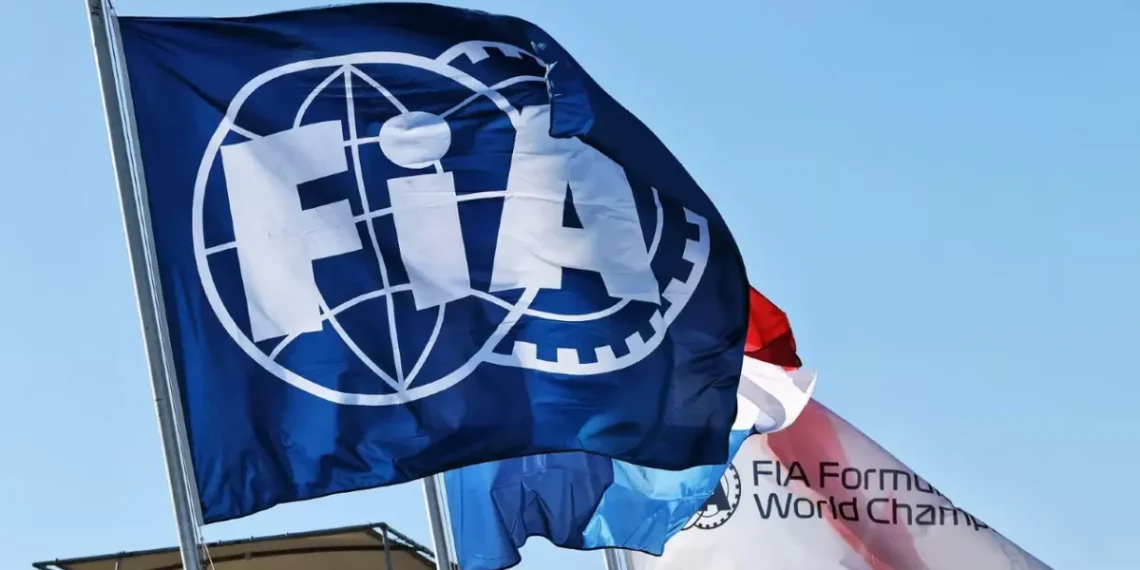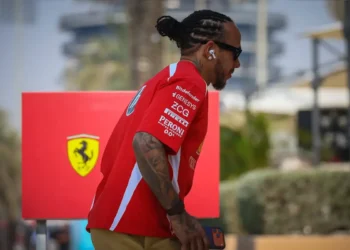Formula 1 drivers face unprecedented scrutiny and tougher penalties in 2025, as the FIA has introduced new guidelines that could see drivers penalized with points deductions, hefty fines, and even race bans for misconduct. These changes, outlined in the FIA’s updated International Sporting Code (ISC), signal a dramatic shift in how the governing body intends to enforce discipline on and off the track.
A seismic shift in F1 penalties
The revised ISC now includes Appendix B, which details specific penalty structures for breaches of Article 12.2.1. These include offenses such as causing moral injury to the FIA, public incitement to violence or hatred, and misconduct in the form of offensive language or actions. The penalties are far-reaching and stricter than ever, raising the stakes for drivers in the high-profile world of Formula 1.
For example, a breach of subsection f) – “causing moral injury or loss to the FIA or its officials” – carries a prescribed first-offense penalty of €10,000. However, in Formula 1, a special multiplier applies, quadrupling the base fine. This means a first offense in F1 results in a €40,000 fine, with subsequent offenses escalating to €80,000 (plus a suspended one-month race ban) and €120,000 (plus a one-month ban and championship points deduction).
Misconduct takes center stage
Misconduct, as defined under the updated guidelines, includes any use of offensive, insulting, or abusive language, as well as actions deemed incitements to violence or hatred. Drivers who violate these rules face escalating fines and penalties similar to those for moral injury. Additionally, acts like making political, religious, or personal statements without prior written approval from the FIA are explicitly listed, with offenders required to issue a public apology and repudiation of their comments alongside financial penalties.
One high-profile example of this crackdown was the fine issued to Max Verstappen in 2024 for using coarse language during the Singapore Grand Prix weekend. The controversial penalty drew ire from drivers, setting the stage for what promises to be a contentious implementation of the new rules.
Stewards wield broad authority
While the guidelines provide a structured approach to penalties, they also grant stewards considerable discretion. According to the ISC, stewards can account for mitigating or aggravating circumstances, the nature of the offense, and the location of the event when deciding on penalties. This latitude ensures flexibility but could also lead to inconsistency, a concern likely to be raised by teams and drivers.
Drivers at odds with the FIA
The FIA’s renewed focus on discipline has already strained its relationship with F1 drivers, many of whom voiced their dissatisfaction with the governing body throughout the 2024 season. The added layer of scrutiny and severe penalties is expected to further test this fragile dynamic.
As F1 enters 2025, the tension between drivers and the FIA is poised to escalate, with the new rules acting as a flashpoint. The penalties for misconduct and violations of the FIA’s principles of neutrality will likely spark debates about freedom of expression and fairness in enforcement.
The road ahead
The FIA’s clampdown represents a bold attempt to uphold integrity and discipline in Formula 1, but it risks alienating drivers and creating further discord. With stricter rules, the stakes are higher than ever, and the coming season will be a test of how effectively these measures can be enforced without compromising the spirit of competition.










